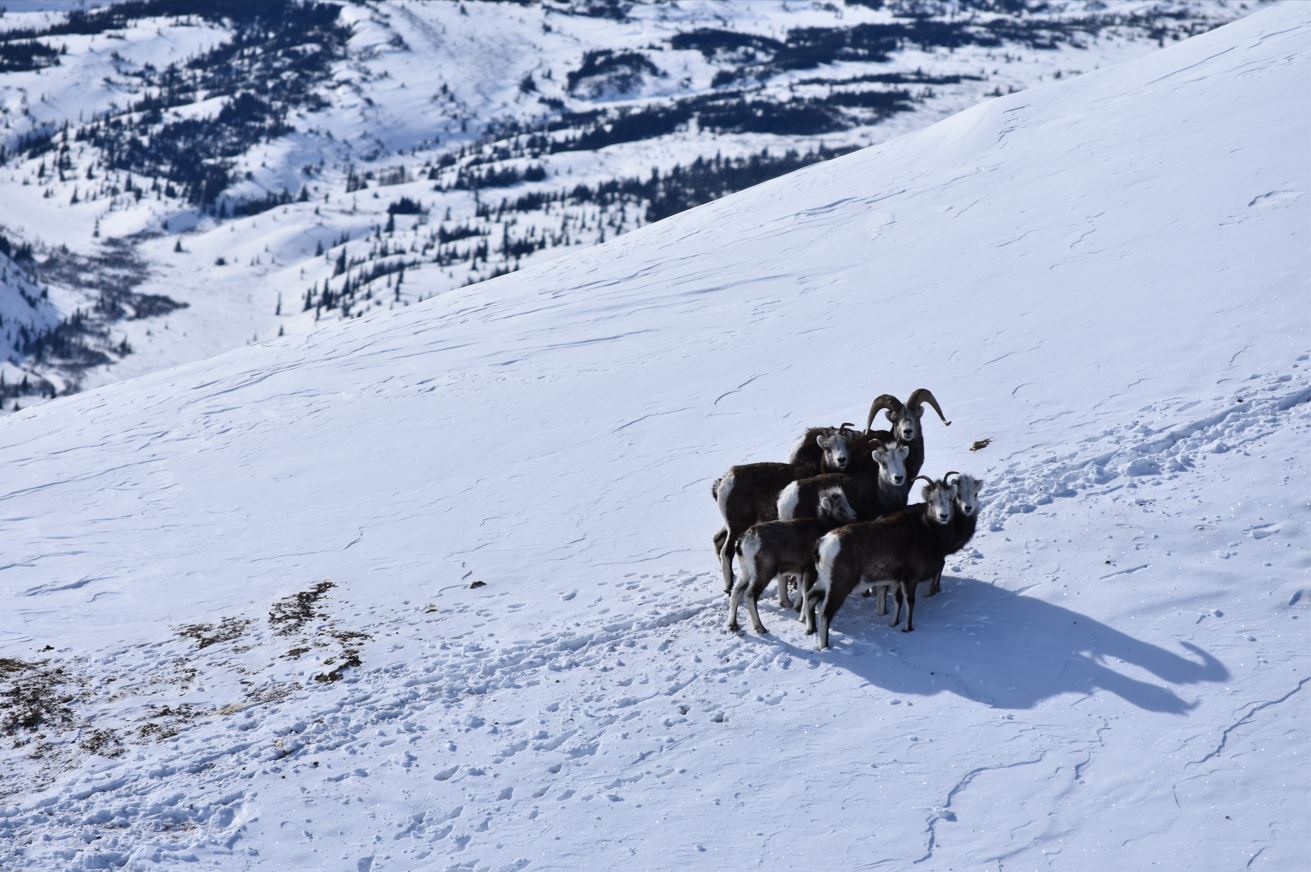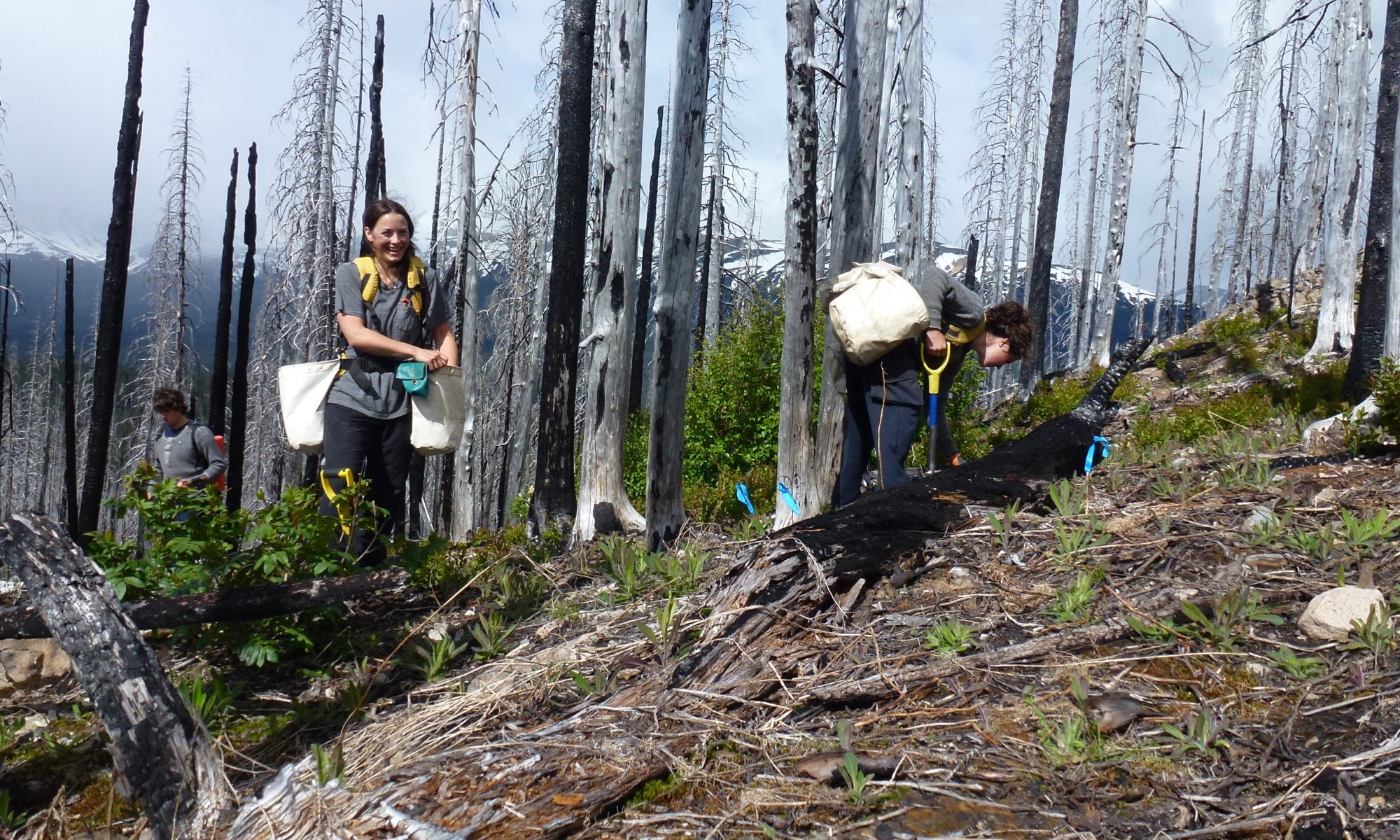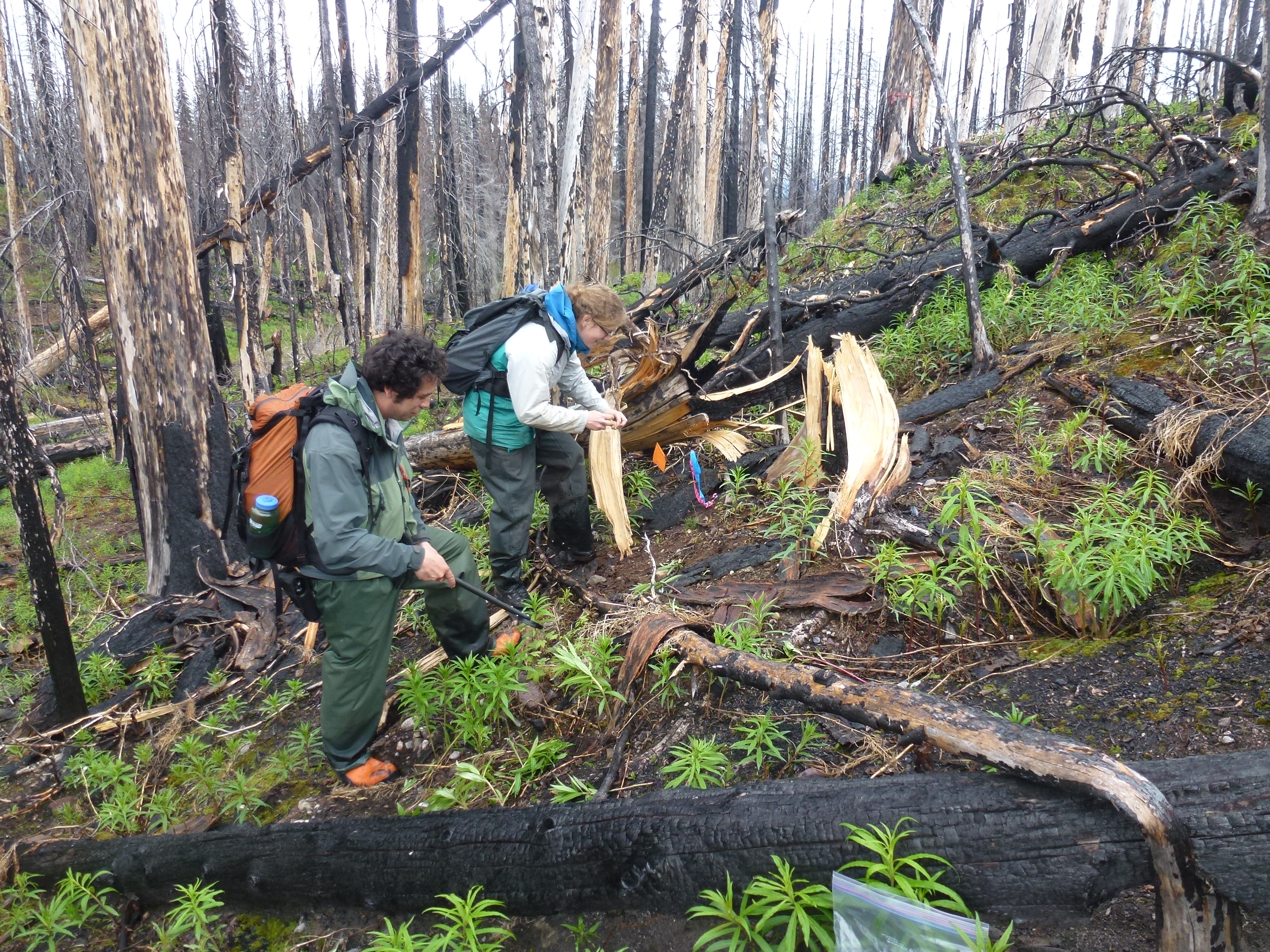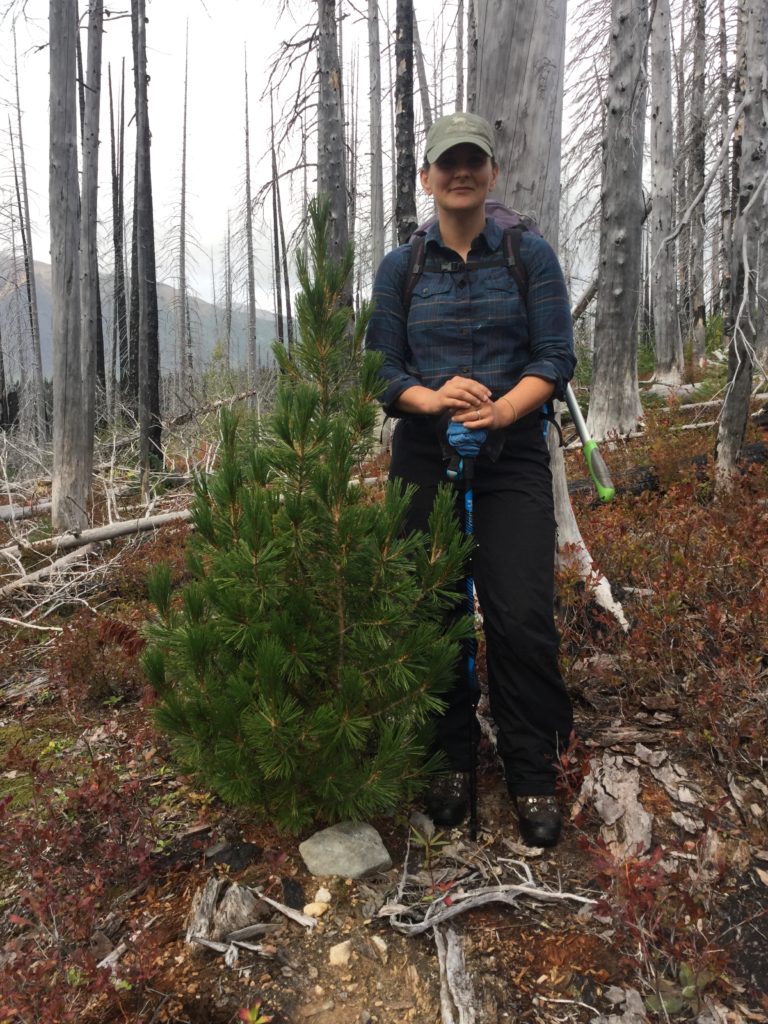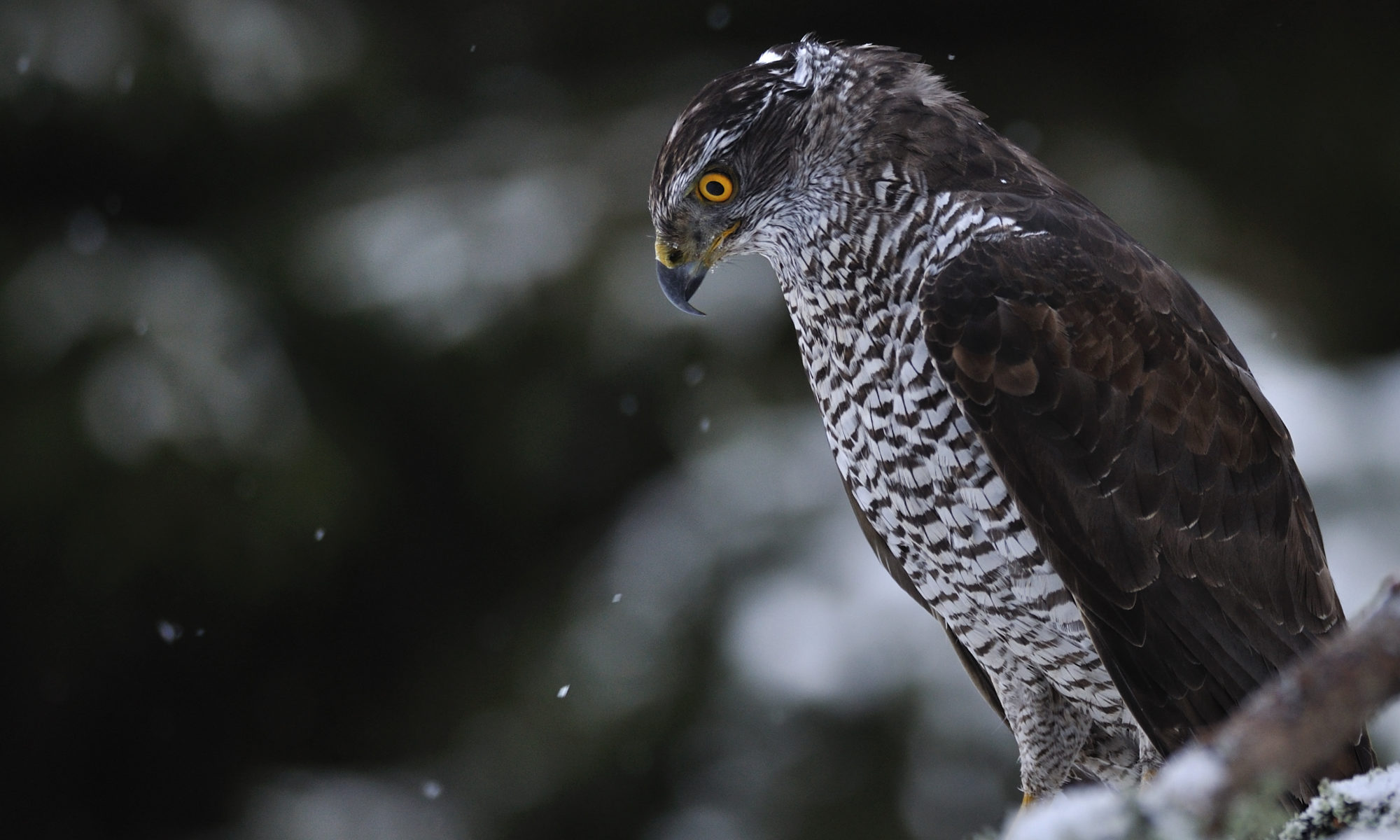The Habitat Conservation Trust Foundation today announced over $8 million that will fund 167 fish and wildlife conservation projects across B.C.
For over 40 years, the Habitat Conservation Trust Foundation (HCTF) has provided grants to a large network of recipients who undertake conservation projects each year. With support from HCTF, a wide range of nonprofit organizations, First Nations and Indigenous communities, Provincial ministries, and community groups implement projects that protect B.C.’s wildlife, freshwater fish, and their habitats. Since 1981, the HCTF has funded over 3,550 projects representing an investment of over $215 million for conservation in B.C.
CEO Dan Buffett is pleased with the diversity of projects as “each project undergoes a multi-step technical review process to direct funding to the best projects for fish, wildlife and their habitats.”
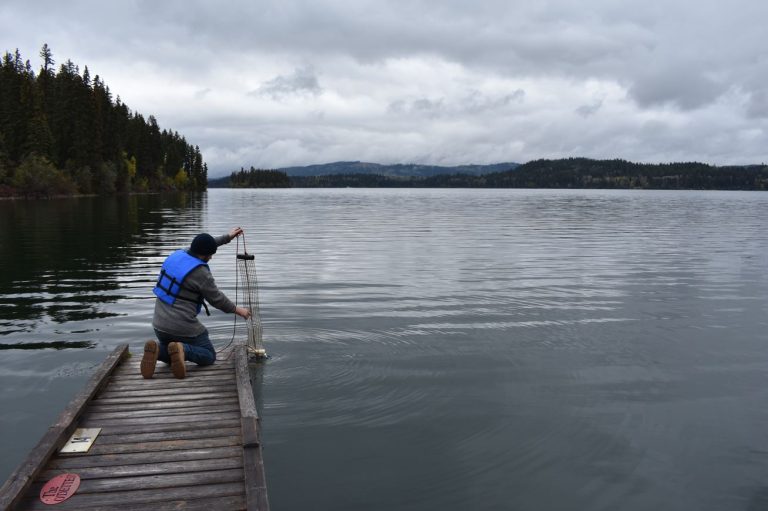
A significant source of funding for projects is the conservation surcharge paid by B.C.’s anglers, hunters, trappers, and guide outfitters when they purchase their respective licenses. HCTF also receives substantial funding from partner organizations like the Forest Enhancement Society of B.C. (FESBC), provincial government contributions, court awards, and endowments.
FESBC’s Executive Director Steve Kozuki is “thrilled to partner with the trusted and respected Habitat Conservation Trust Foundation to improve wildlife habitat. With their first-in-class management of funds and projects by talented and professional staff, we know that we are maximizing benefits for wildlife in British Columbia.”
This year’s approved projects include:
- $254,809 for functional and ecological restoration of approximately 16 km of linear corridors in the Clearwater Valley, led by the Nîkanêse Wah tzee Stewardship Society.
- $146,747 to enhance 200 km2 of moose habitat in Nazko First Nation territory including rehabilitation of 100 km of forest resource roads.
- $130,794 to determine the migration behaviour and habitat use of juvenile white sturgeon in the Pitt River watershed of the Lower Fraser River to develop habitat protections and restoration prescriptions.
- $92,938 for the restoration of a former sawmill site in the heart of the salmonid migratory corridor of the Puntledge and Tsolum Rivers watersheds in the Comox Valley; this will restore the forested tidal wetland and reconnect the site to the floodplain of the Courtenay River, benefiting salmon, trout, and many other wildlife species.
- $95,940 for the enhancement of critical habitat for mule deer, white-tailed deer, and Rocky Mountain elk between Raymond and Red Canyon Creeks in the Galton Range. Efforts will focus on slashing treatments and invasive plant management.

The B.C. Wildlife Federation also received funding this year: “Funding from HCTF will help the B.C. Wildlife Federation to train a new generation of habitat stewards through our Wetlands Institute,” said Neil Fletcher, BCWF Director of Conservation Stewardship. “With the support of HCTF, we offer a seven-day boot camp to qualified British Columbians who are pursuing projects in their communities. The grant for the Water, Water, Everywhere project will enable the BCWF to strategically place wetlands designed to mimic beaver dams with ability to restore and enhance wildlife habitat and riparian areas all over B.C.,” Fletcher added. “Installing beaver dam analogues with local partners will allow us to share our skills and expand our network of conservation stewards.”
To see the complete list of HCTF funded projects or explore the conservation work being done near you, view the 2023-24 Approved Project List.

